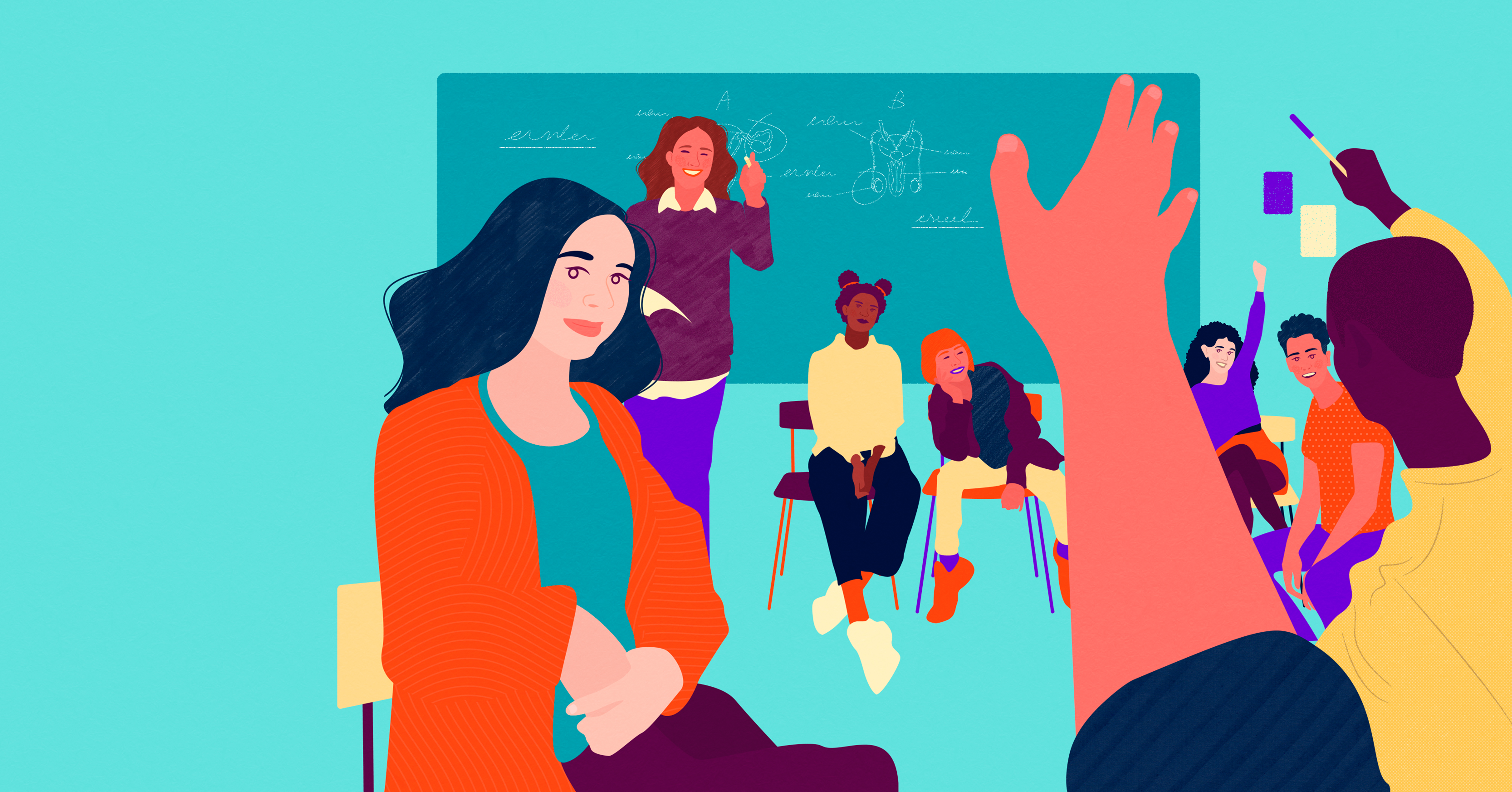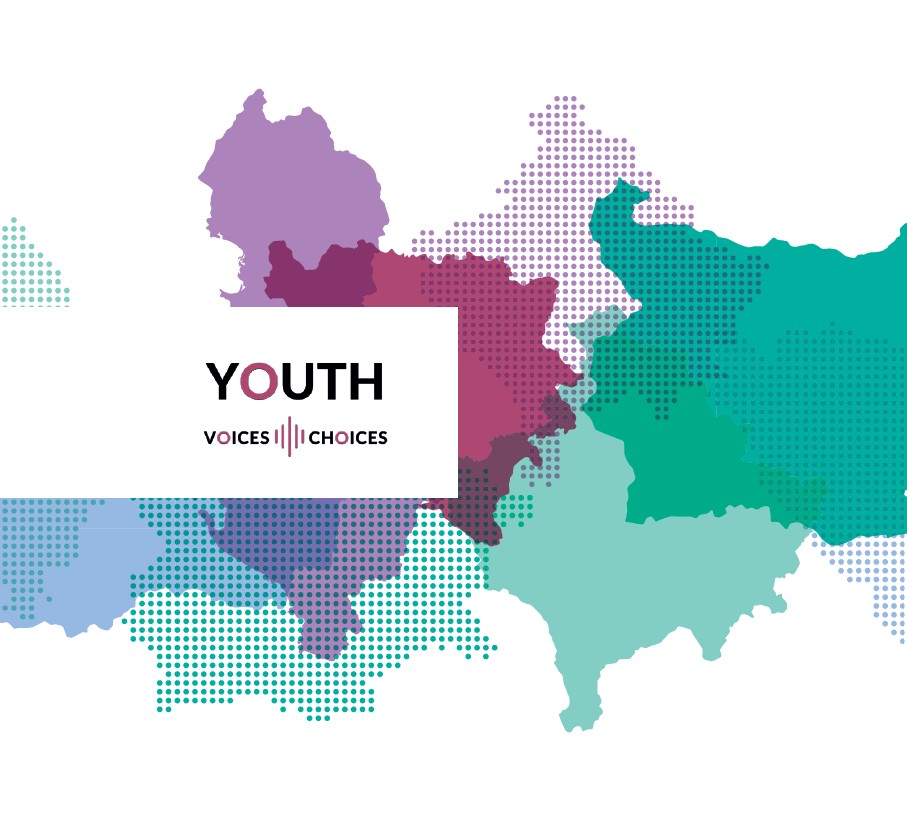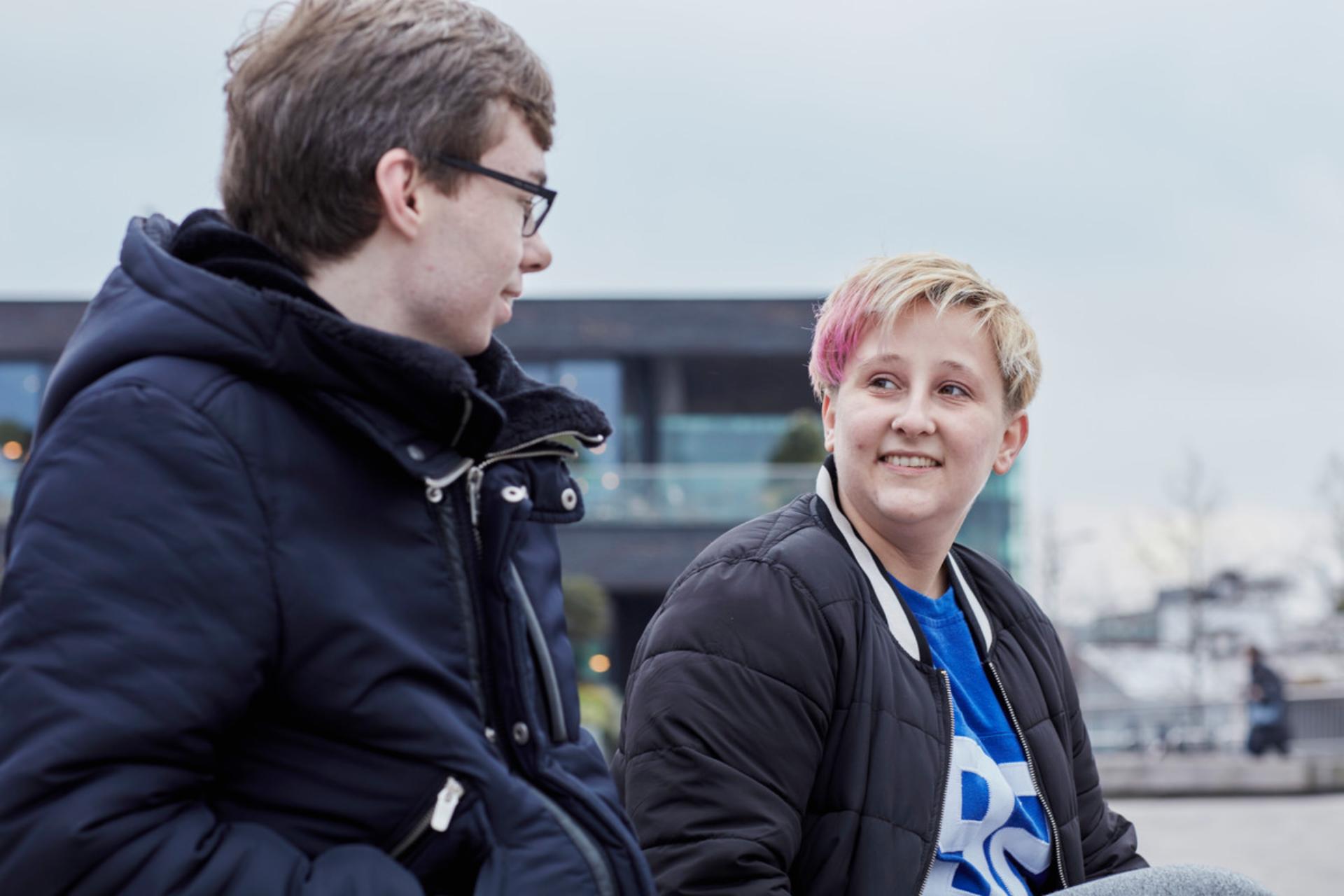Spotlight
A selection of resources from across the Federation

2022 IPPF EN Annual Report
Download our Annual Report to read about our activities and achievements in 2022.
Filter our resources by:


| 22 September 2022
Combatting harmful gender norms through innovative education
Rigid gender norms or stereotypes limit people’s ability to pursue their professional careers and make choices about their lives. Gender norms not only limit people’s freedom and choices, but they end up condoning gender-based violence and perpetuating inequalities rooted in unbalanced power dynamics. As a result, people are coerced by collective expectations into taking up gender roles that stop them from pursuing the careers and relationships they want, or even being themselves. For example, young men are often expected to suppress their emotions so that they can conform to damaging understandings of strength and masculinity. This leaves men illequipped to express or navigate through their emotions, which can later on cause issues for their mental health. Equally, young women are often expected to be polite and accommodating to others - even in situations where they are made to feel uncomfortable. Conforming to this expectation can make it more difficult for women to assert themselves and can lead to their enduring discrimination or abuse without possessing the skills or confidence to address it. But relationship and sexuality education can play a crucial role in dismantling and challenging harmful gender norms, thus preventing gender-based violence and giving young people the skills needed to lead more equal and safe lives. Furthermore, training of adults and educators is key to raising their awareness around existing gender stereotypes that they may inadvertently perpetuate. Civil society organisations in Serbia, Estonia, Romania and Latvia came together under the Youth SpectActors project to do just that. The main purpose of the project was to educate and empower young people between 12-25 years of age to question gender norms, attitudes and stereotypes that contribute or could lead to gender-based-violence (GBV) through organising theatrical plays that deal with typical situations where gender identity and expression occur. Read about the results of our project on people's lives in the below factsheet.

| 17 February 2022
Young people breaking gender stereotypes
The Youth SpectActors project, implemented in Serbia, Romania, Latvia and Estonia, addresses the root causes of gender-based violence (GBV), namely traditional patriarchal systems based on harmful and rigid gender norms around masculinity and femininity, gender-based discrimination and unequal power relations. Young people are at the centre of our intervention, because of the far-reaching impact of GBV in their lives – as survivors, perpetrators, or bystanders. We believe that young people have a key role they play as change agents. To this end we run theatre-based workshops where boys and girls who participate literally walk in one another's shoes to help challenge and dismantle 'gender roles'. Gender roles are merely roles that we are playing all our lives, and this is why playing them on the stage makes perfect sense. By dismantling archaic stereotypes, we can foster equality and prevent violence and coercion within relationships. Relationship and sexuality education, in school settings and outside, plays a key role in ensuring the safe emotional and physical development of young people.















